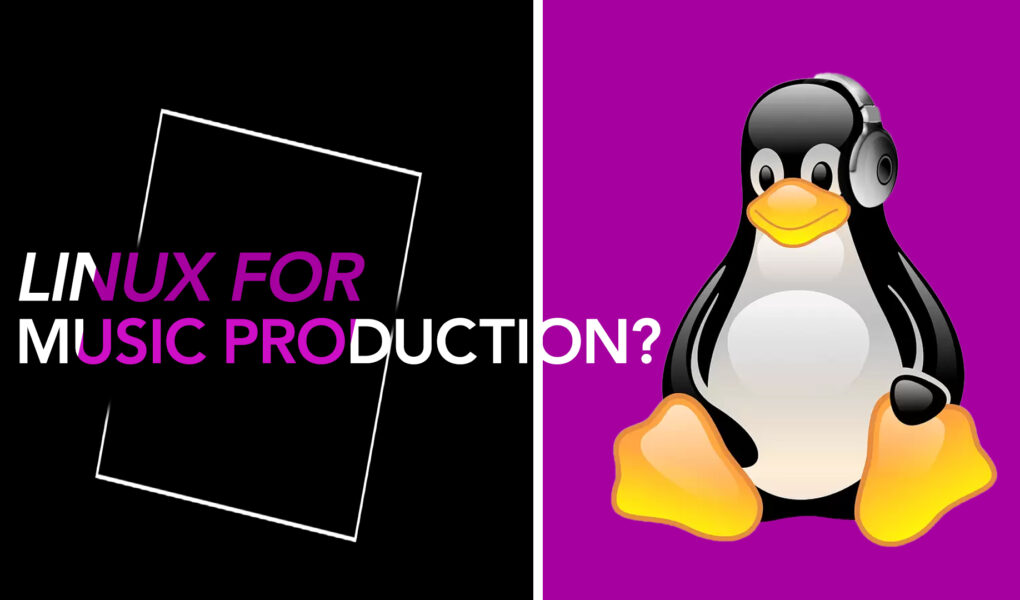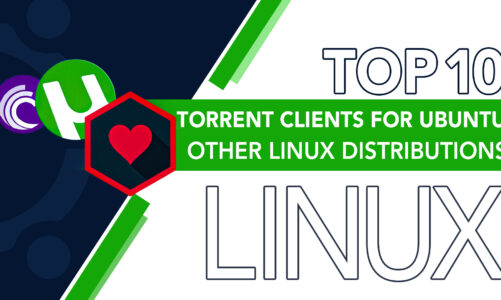Have you ever wondered what kind of operating system music producers prefer? While Mac and Windows have their supporters, Linux has emerged as a viable alternative. But is it good for music production? Let’s check it out.
What is Linux?
Linux is an operating system similar to UNIX, which embodies the concepts of open-source software. As it’s open-source, any user or developer can modify its code, making it highly customizable. This nature has allowed it to evolve into an extremely versatile OS, capable of serving numerous applications – music production being one of them.
Apart from being free and open-source, Linux offers robust security, stability, and high performance, which are essential features for any music producer. It’s also highly adaptable, running on various types of hardware, from desktops to servers and even embedded systems.
Linux for Music Production
Now, let’s talk about music production. Music production involves recording, arranging, and managing sound to create a complete song or score. That seems like a whole lot of a task. But why would you prefer Linux for it? Well, it is all because of the various benefits we gain with the Linux operating system. To give you an insight, below are a few of the main benefits you tend to enjoy.
1: Open Source and Versatility
Do you know what makes Linux stand out? It’s like a Lego set for tech enthusiasts. You can tweak, modify, and build upon it. For creative folks like music producers, this means having the freedom to craft your workspace to suit your workflow.
2: Vast Range of DAWs
Let’s not forget the tools of the trade: Digital Audio Workstations (DAWs). Linux provides an extensive array of digital audio workstations, each designed to meet diverse production requirements. Whether you are into mixing, mastering, or recording, there’s likely a Linux DAW that suits your needs.
3: Performance and Stability
Here’s something you will love: Linux’s superior stability and efficient use of system resources. This ensures your creative flow won’t be interrupted by system crashes or slowdowns. Additionally, the absence of malware and a lower chance of system crashes make it an attractive choice.
4: Hardware Compatibility
One key concern for music producers is hardware compatibility. Thankfully, Linux is known for its broad hardware compatibility. From audio interfaces to MIDI controllers, there’s a good chance your existing hardware can work with a Linux setup.
5: Cost-Effective Solution
Linux, along with numerous of its applications, is available at no cost, making it an economically efficient choice for music production. This can be a boon, especially for indie artists or those just starting their journey into music production.
Challenges in Linux for Music Production
Despite its many benefits and robust features, there are a few challenges that potential users may face when considering Linux for music production.
1: Complexity and Learning Curve
One of the most commonly cited drawbacks of Linux is its steep learning curve, particularly for users accustomed to Windows or Mac environments. Linux requires users to become familiar with the Terminal for some tasks, unlike the primarily GUI-based operations of other operating systems.
While the Linux GUI has improved significantly over the years, understanding and utilizing the command line can be daunting for new users. Adapting to various commands and scripts might require some time.
If you are not tech-savvy, initially setting up your Linux music production environment can be challenging. But, once mastered, you will have an unprecedented level of control over the system.
2: Lesser User Support
Although Linux has a dedicated and passionate user base, it’s still smaller than the Windows or Mac communities. This means you might find less troubleshooting advice or fewer tutorials specific to your needs or software.
Exploring Linux Music Production Software
1: Ardour
Ardour is an extremely powerful DAW for Linux, aimed at professionals looking for advanced audio recording, editing, and mixing capabilities. It provides extensive support for plugins, and it’s compatible with a broad range of audio interfaces and control surfaces.
Ardour also enables multitrack recording, making it ideal for complex projects. It’s open-source and offers great flexibility, which appeals to users who need customizable workflows.
2: Hydrogen
Hydrogen is a robust, open-source drum machine that is completely compatible with Linux. It’s designed to mimic the interface of a physical drum machine while providing a wide range of additional features. Hydrogen boasts a powerful sequencer and a mixer, allowing for easy pattern creation and layering. It supports a variety of sample formats and enables users to import their own sounds.
3: Audacity
Audacity is a versatile, open-source audio editor that is not only available for Linux but also for macOS and Windows. While it doesn’t offer the extensive recording and sequencing capabilities of a full-fledged DAW, it is highly effective for editing audio files, cleaning up recordings, applying effects, and converting file formats.
Audacity’s simplicity and efficiency make it a go-to tool for quick editing tasks, and its wide range of features makes it a staple in many audio engineers’ toolkits.
Conclusion
Linux presents a compelling platform for music production, blending flexibility, stability, and cost-effectiveness. It offers a vast range of tools and the freedom to customize. Yet, it does present hurdles, including a significant learning process and potential compatibility complications. But once you overcome these, Linux can be a powerful ally in your music production journey.



